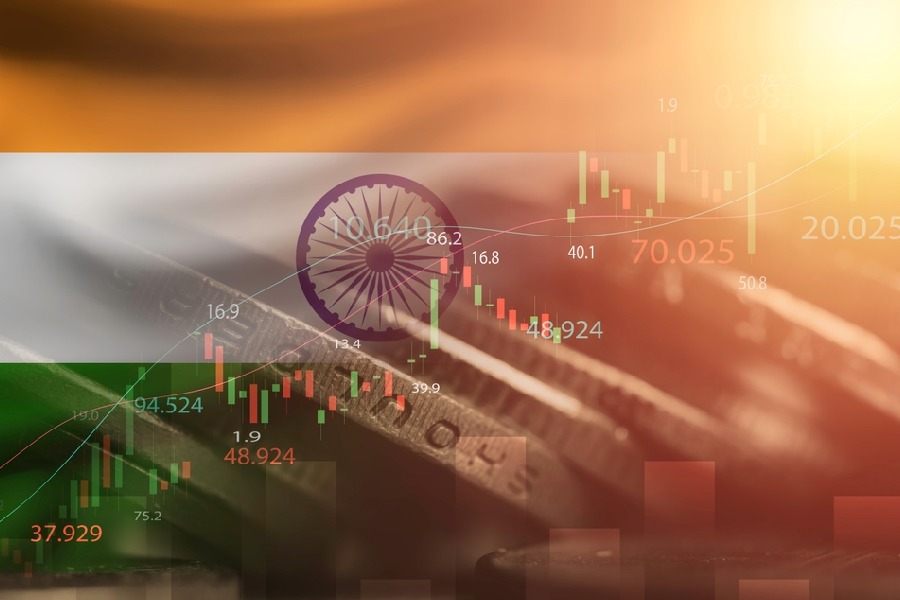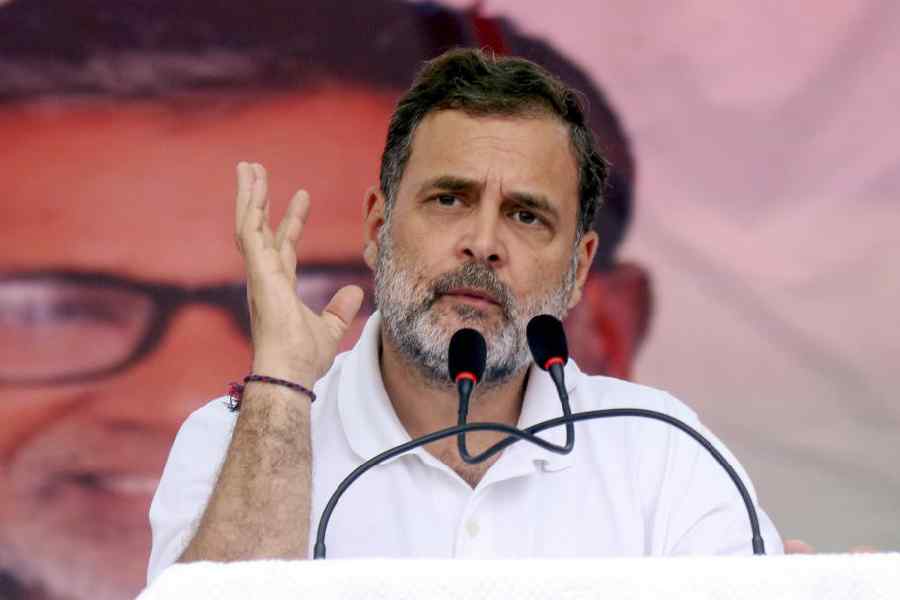Think the economy’s bad now? Brace yourself – it’s not getting better anytime soon. And artificial intelligence is emerging as a major potential job-killer.
That’s the stark message from the government’s annual report card on the economy.
The Economic Survey predicts sluggish growth ahead, with the next financial year – starting in April – expected to see only a possible slight uptick. The survey, a traditional curtain-raiser to the annual Budget set to be unveiled Saturday, projects growth of 6.4 per cent this year — the weakest since the pandemic.
Next year, forecasts range from 6.3 per cent to 6.8 per cent. That’s far short of the pace Prime Minister Narendra Modi’s government needs to hit its ambitious goal of making India a developed nation by 2047 – a feat requiring at least 8 per cent growth for a decade or more.
So what’s holding India back? In short, uncertainty. The Economic Survey points to a world in flux, warning that “headwinds to growth include elevated geopolitical and trade uncertainties and possible commodity price shocks.”
There are some bright spots – rural demand is expected to stay strong, and inflation might ease. But there’s a big caveat: climate change. “Adverse weather events and rising international agricultural commodity prices pose risks to food inflation,” the report notes.
“The growth forecast in the survey makes sense given global uncertainties,” said Aditi Nayar, economist at ICRA, the India arm of Fitch Ratings.
One of the biggest risks to India’s future? Artificial intelligence. The survey warns that India’s workforce is particularly vulnerable due to its reliance on low-skilled jobs. “Although AI’s impact on labour will be felt worldwide, the problem is magnified for India, given its size and relatively low per capita income,” it states.
The report calls for urgent investment in upskilling workers, shifting them into medium- and high-skilled jobs where AI can assist rather than replace them. “This is of paramount importance – if transitions aren’t managed properly, workers could face prolonged unemployment with little chance of catching up to market demands,” it warns.
Job losses could also dent consumption, with potentially serious macroeconomic consequences. “If worst-case projections materialise, India’s economic growth trajectory could be thrown off course,” the survey adds bluntly.
The government says reforms are crucial to boosting growth, calling for deregulation in areas like land, labour, and factories. India’s tangled regulatory landscape is often blamed for deterring private investment. "Without deregulation, other policy initiatives won’t deliver the desired growth," says chief economic advisor V. Anantha Nageswaran.
Despite supply chains shifting away from China, foreign direct investment in India has been sinking. Meanwhile, manufacturing is weakening, and corporate investment is slowing.
There is, however, one potential boost on the horizon: The Reserve Bank of India is expected to cut interest rates for the first time in over four years next month, after inflation dipped to 5.2 per cent in December — within the central bank’s 6 per cent tolerance band. But food inflation remains stubbornly high at 8.39 per cent, with vegetable prices surging nearly 27 per cent.
There’s speculation that Union finance minister Nirmala Sitharaman may unveil a “feel-good Budget” with measures to spur spending – perhaps even income-tax cuts. Expectations rose after Modi, speaking Friday, invoked the goddess Lakshmi to “bless” the middle class and the poor.











